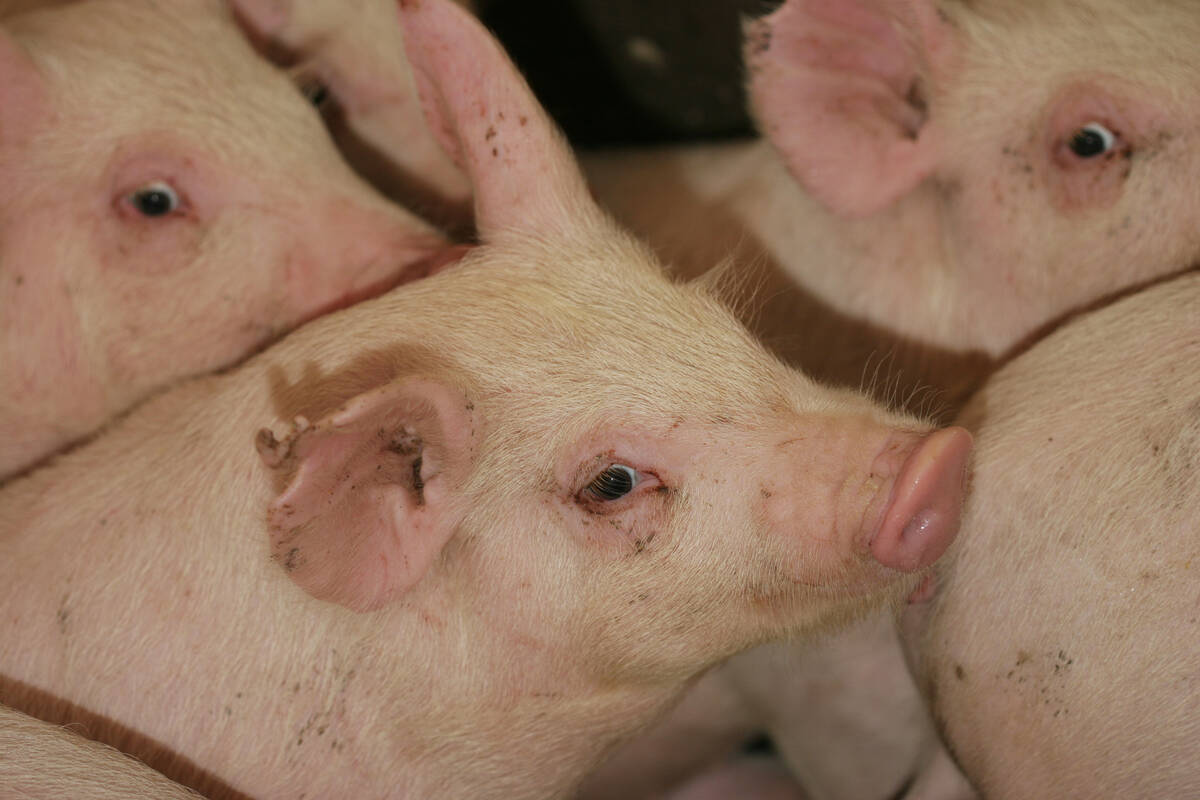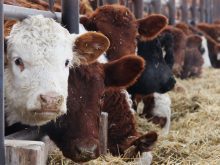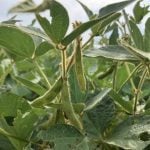Paylean is now OK by Maple Leaf Foods.
In fact, the hog processor not only says it has abandoned its opposition to the growth-boosting substance, but is encouraging producers to use it.
“It’s in the interests of the producer and the processor. Let’s get going,” Michael McCain, head of the meat company, told Manitoba Pork Council delegates at a meeting in Steinbach.
Paylean is a substance used in the finishing stage for market hogs. It has been proven to increase muscle production and reduce fat production, key goals for most hog producers.
Read Also

The Western Producer Livestock Report – September 25, 2025
The U.S. national live price average for barrows and gilts was $81.21 Sept. 17. It was $78.37 Sept. 9. U.S. hogs averaged $106.71 on a carcass basis Sept. 17, up from $106.10 Sept. 9.
The substance can only be used for a limited period, usually the 28 days before shipping.
The product, sold by Elanco Animal Health, improves feed conversion efficiency and average daily gain by about 10 percent, the company said.
Most large scale hog producers in the United States have been using the product because of these factors, but Maple Leaf Foods has warned Canadian producers away from it in the past, worried about alarming Japanese buyers.
“Our profitable customer base is largely in Japan. The Japanese are very focused on what hogs are fed, how they are raised,” McCain said.
But after expressing initial jitters about Paylean, Japanese buyers now don’t seem to care.
“We believe the Japanese customers, for whatever reason, today are not as concerned about it and we’re prepared to give that a go,” said
McCain.
Elanco said Paylean can bring a gain of $2 to $5 US per head.
Texas A and M University extension swine specialist Jodi Sterle cautions producers not to forget about the other aspects of hog diet and management.
“Paylean should only be viewed as a management tool to enhance the genetic potential of your animal,” said Sterle in a written description of the product for farmers.
“It is not a magic pill and cannot substitute for genetics or proper management.”
McCain said his company also wants bigger pigs as soon as its processing lines can handle them. Many U.S. processors now take a 96 to 97 kilogram carcass, but Maple Leaf’s carcasses tend to average 93 kg.
“We believe a heavier pig is in our interest as a processor and also for producers,” said McCain.
“Anything we can do to transition those weights to heavier weights will reduce costs for the producer and improve our costs. It’s a win-win.”
McCain would not give a specific time for when bigger pigs will be wanted.
“One has to be careful, because when you change a carcass weight it has a lot of implications in your plant, and has a lot of implications for your downstream customer, whether putting bacon into a sleeve or a ham, and we are mindful of that,” said McCain.















